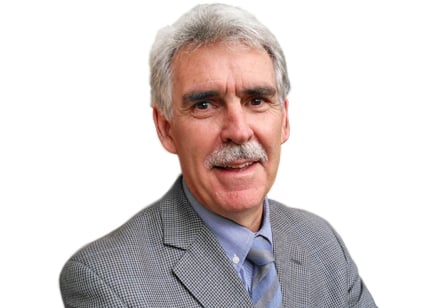As markets take a turn for the worse, retirees need more ways to defend their portfolios and income

Mark Winson, partner and executive vice president for Wealth Management at Wise Riddell Financial Group, talks with WP about the importance of combating volatility with diversification, and how certain priorities could be lost amid Canadian investors’ rush into ETFs.
What developments in retirement planning or financial advice are you watching most closely this year?
Volatility is a retiree's nemesis. When you're withdrawing income from your capital, the withdrawals exaggerate the market's negative gyrations and smoothing out that journey is imperative to making the capital last.
Celebrating our industry successes in the wealth management industry
After an extended period of low rates and low volatility, it is easy to get lulled into a false sense of security thinking this pattern will continue. In 1995, both bonds and equities went negative at the same time, and this is a potential scenario given where we are starting the year.
What changes are you making in your practice to adapt to or get ahead of those trends?
Diversify, diversify, diversify. We're taking a very pension-like approach to our clients’ portfolios and making sure we increase the amount of non-market correlated assets in all of them while keeping fixed-income durations short.
We are also trying to set client expectations at realistic levels and focus on tax efficiency. Investment costs are an issue within our control, but so is tax. Most of our clients are incorporated; a cheap US dividend ETF sounds appealing, but when you're comparing the net after-tax return to a US dividend fund in a corporate-class structure and convert 50+% tax into deferred capital gains, the ETF just doesn't cut it. In a tax-sheltered account, ETFs are hard to beat, but outside of that, saving 1% in fees does not compete with saving 25% in tax.
How has the growth in the Canadian ETF space last year affected your business?
ETFs have made it easier to move in and out of unique segments of the market. However, the proliferation of product is becoming somewhat overwhelming and I worry that the value proposition will not get fulfilled; will "low volatility" truly be as the client expected?
Also, it seems too much attention is being focused on price and not enough on performance and tax efficiency. Given current marginal rates at 54%, net-of-tax is where it's at regardless of product or price.
Related stories:
'Why I had to change my success strategy'
How stocks slump was wake-up call for investors



